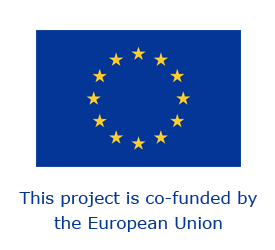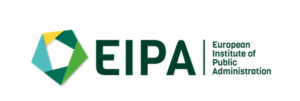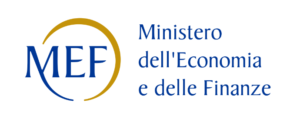ALLAI, as a project partner, has played a pivotal role in shaping the Digital Ethics Officer Training Program, with a particular emphasis on a continuous consideration of the legal, ethical, and social implications of digital technology.
Our expertise is prominently featured in analysing the needs of public administrators in this context and designing the content of the training.
Participants will also have the chance to learn directly from the team’s expertise during the pilot training. For instance, Catelijne Muller, the founder of ALLAI & member of the High-Level Expert Group on Artificial Intelligence of the European Commission, Imane Hmiddou, responsible AI expert at ALLAI, and Jan Kleijssen, advisor at ALLAI and former Director at the Council of Europe will share their expertise in several key modules.







